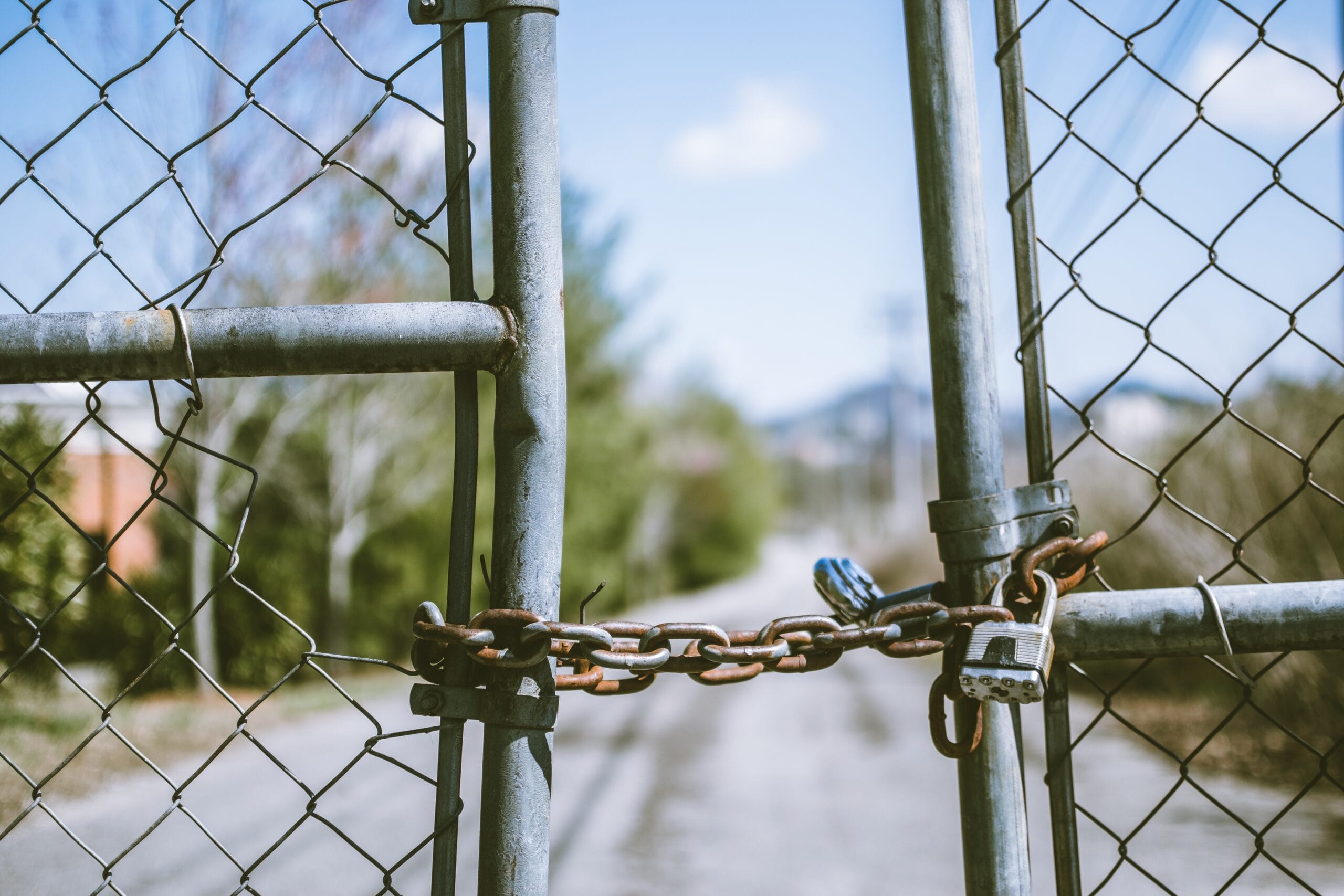by Joanne Steel
There is no denying that addiction is associated with some of the harshest stories. Whether it’s the story of a five-year-old who anxiously waits at a window until 4:00 am until mom safely steps inside the door or the up-and-coming track star whose life is cut short by a drunk driver, we cannot afford to underestimate the impact of addiction in our lives.
Stigma is one of the cruelest and most challenging aspects of addiction because it traps individuals and families in secrecy, guilt and shame. In a companion article, Hello my name is Joanne and I’m an asthmatic, I explored how stigma stops 9 in 10 from seeking life-saving care.
But how do we fight stigma in recovery?
Firstly, we need to recognize that addiction knows exactly where to find the next generation of addicts and co-alcoholics.
Kids feel, taste, absorb and internalize the toxic soup of addiction. Kids love their parents and take ownership of the problem believing it’s their fault. Shame, blame and guilt rule in addicted households. And addiction is cunning: the “fixes” family members try in desperation, over and over again, only serve the bottle, the pill, the powder.
A simple yet powerful exercise we use in Renascent’s Children’s Program points to a new way of thinking and owning recovery as a community. After a lot of work, we ask children to write a letter to addiction, not to the parent(s). Children share this letter with parents and it’s often the first time parents understand how damaging addiction has been in the lives of their most cherished ones.
By externalizing addiction, individuals and families can begin to see how addiction places everyone in its service (addiction is derived from the Greek word “addict,” meaning to be enslaved or in bondage) and how recovery is the gift of freedom, not a label suggesting you’re broken – something I fought for a long time as a family member.
And contrary to so many myths about addiction:
- Recovery is real. Millions are happily living in recovery but are generally invisible due to stigma and the anonymous nature of programs.
- You don’t have to hit rock bottom before seeking help. In fact, the earlier you seek help, the better the outcome.
- You don’t have to want it to be successful in treatment. Many enter kicking and screaming but find themselves being attracted to a solution once it appears viable. So many of our alumni are shocked to learn that recovery is fun and recovering individuals are far from boring.
Recovery Day and Recovery Month (September) are annual reminders that we all have a stake in fighting the stigma that keeps so many families from a solution. Help us break the cycle of addiction – never forgetting that we must stand by children, as for too long they’ve been the first harmed and the last helped.

